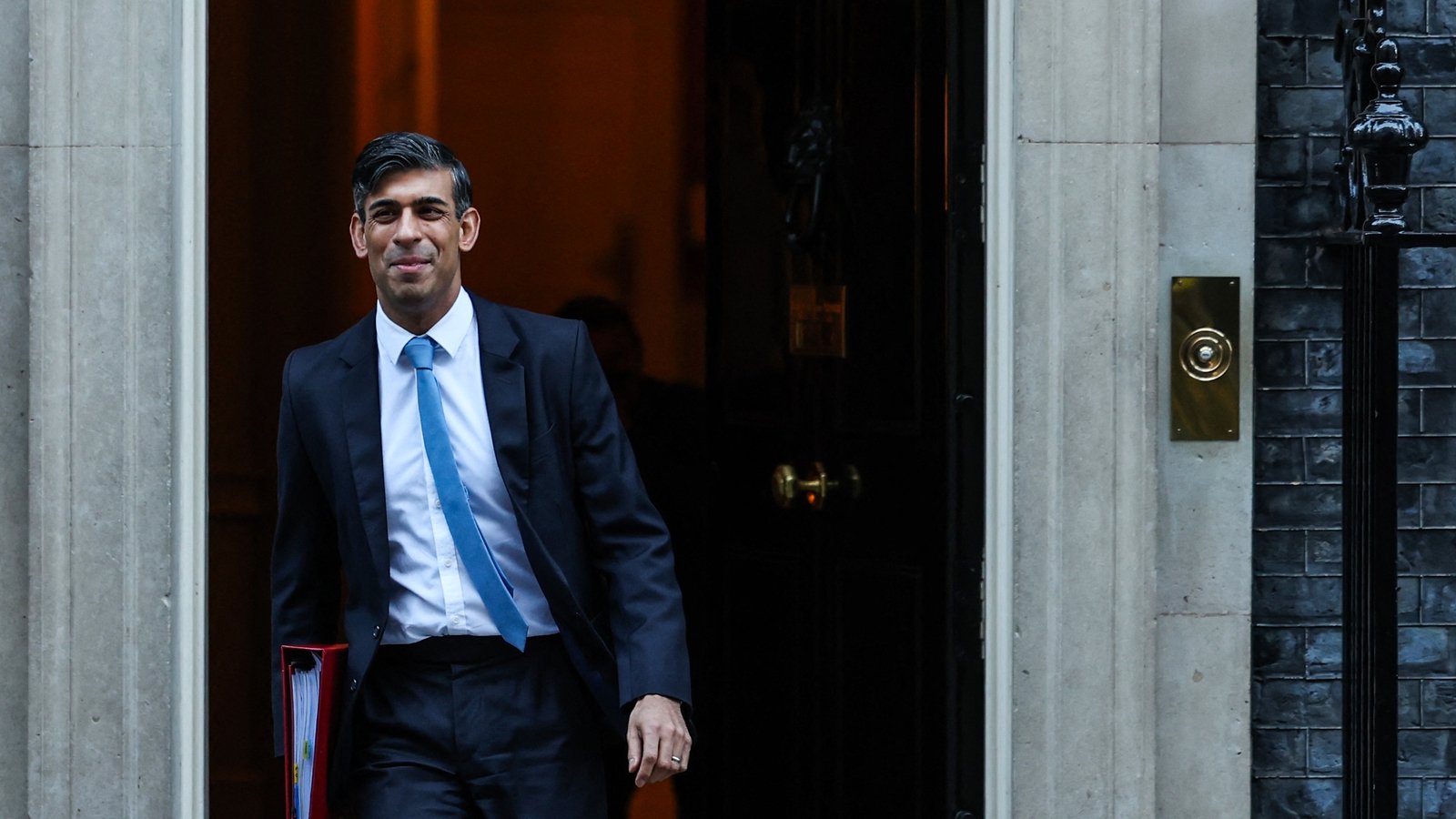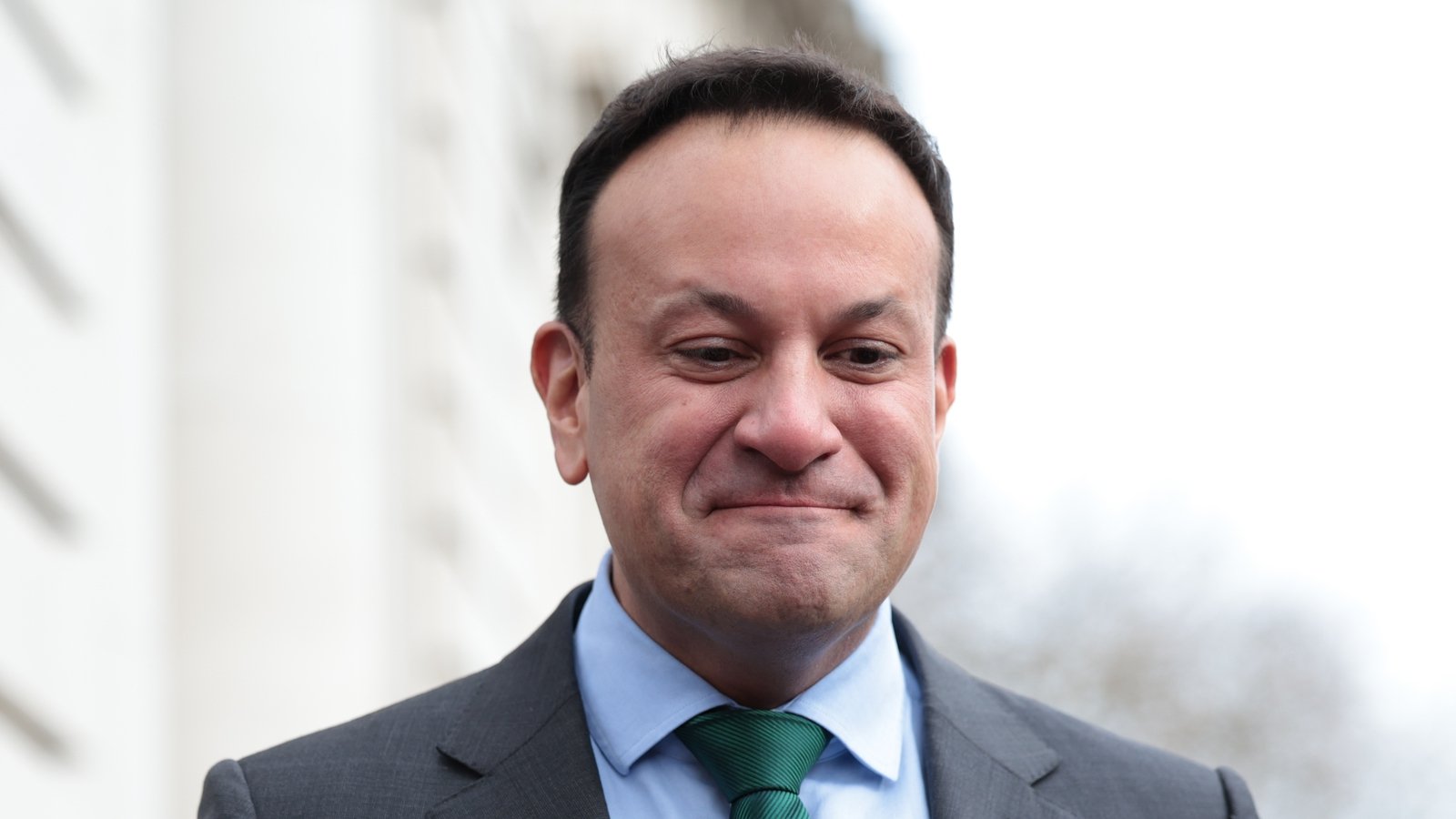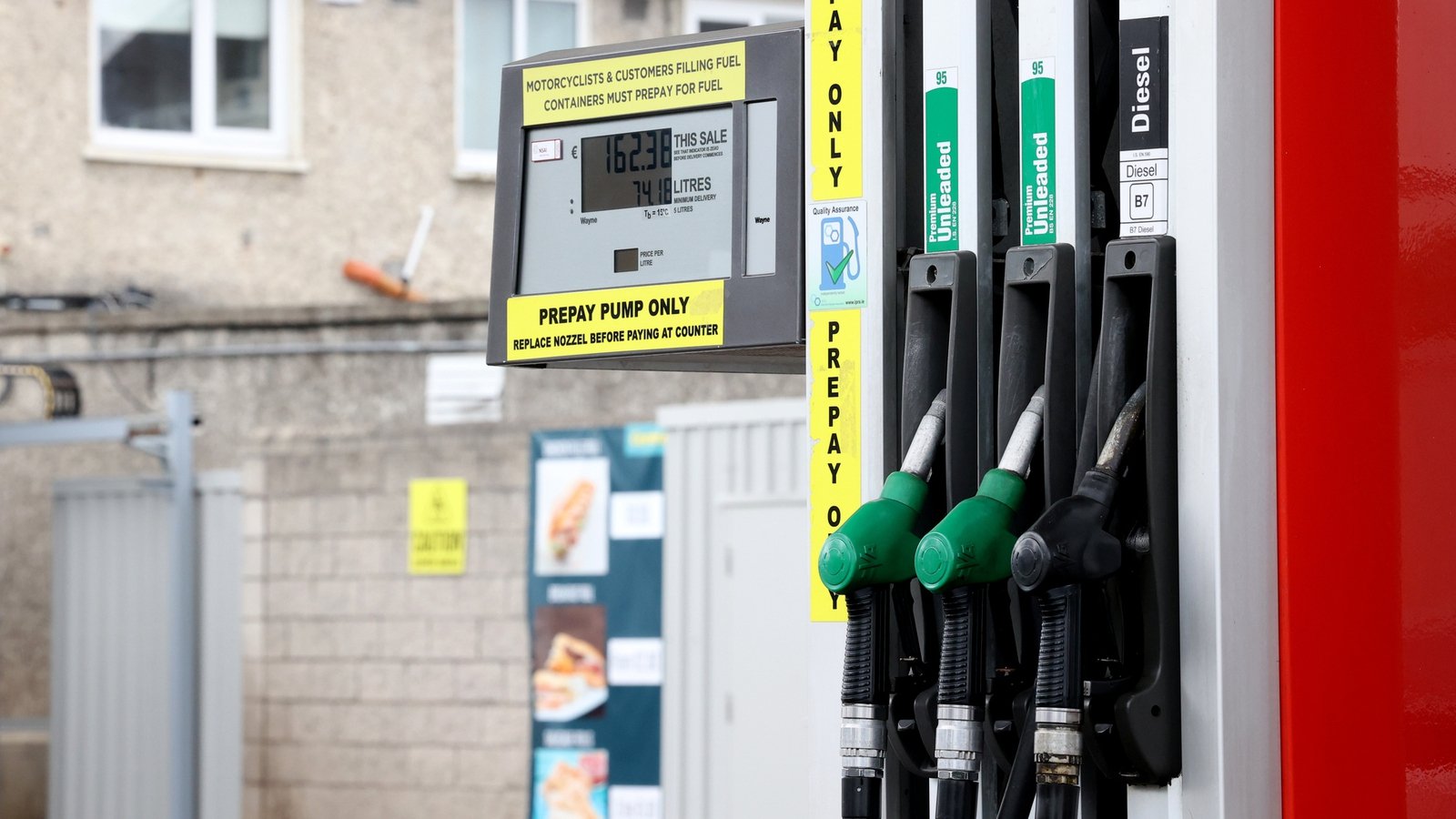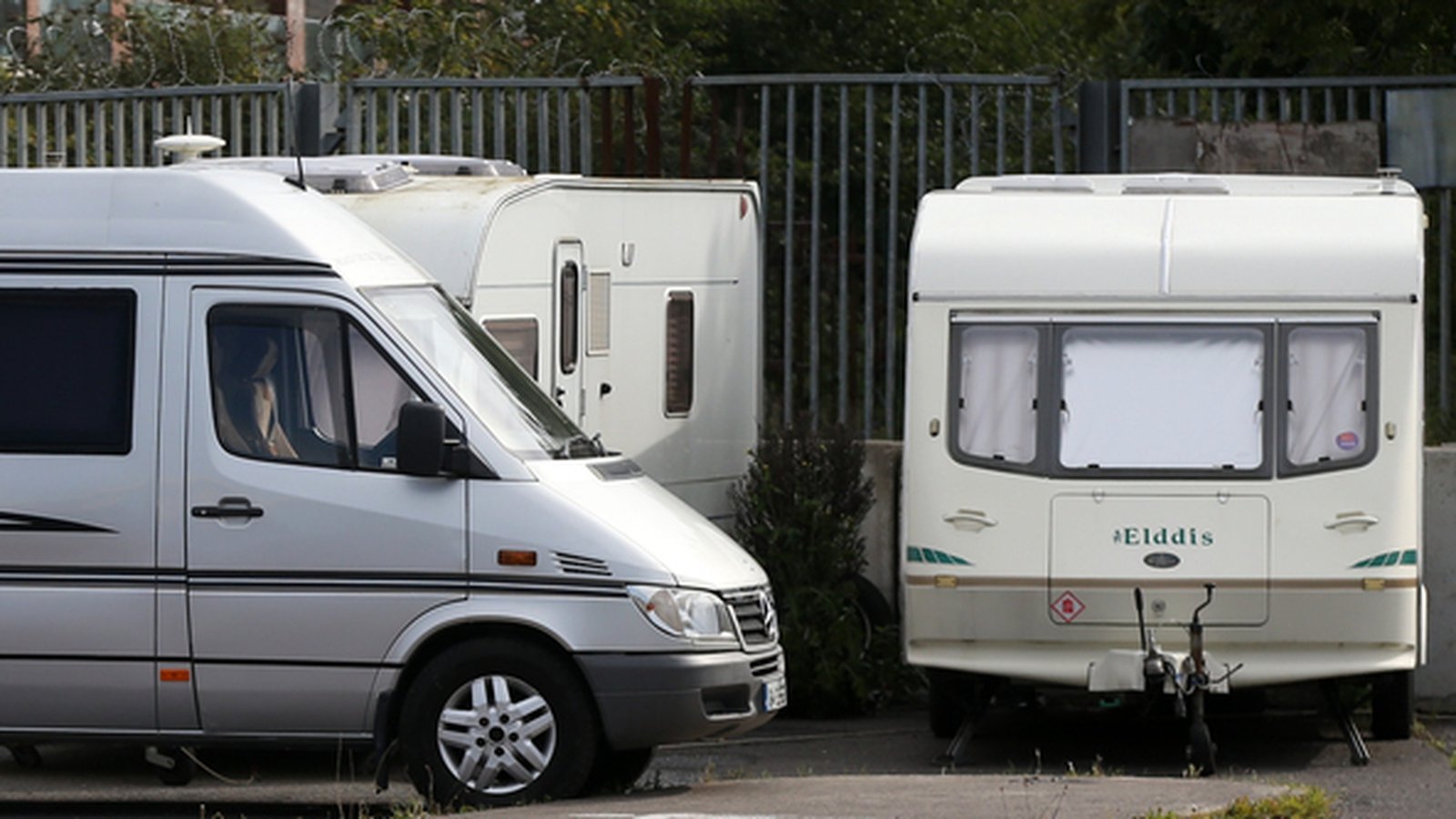Sunak faces crunch vote on Rwanda migration plan

British Prime Minister Rishi Sunak faces a crunch vote on his troubled Rwanda Bill after two Tory deputy chairmen resigned to join the biggest Conservative rebellion of his leadership.
The PM is battling to see off another major revolt as MPs decide whether to back the legislation aimed at saving the government’s flagship asylum policy.
Some 60 Conservatives backed changes to the Safety of Rwanda Bill put forward by Tory veteran Bill Cash, in a sign of the scale of unease within the party during an election year.
MPs voted 569 to 68 to reject the amendment, which aimed to ensure UK and international law cannot be used to prevent or delay a person being removed to Rwanda.
But the scope of the revolt would be more than enough to sink the legislation and overturn the government’s working majority if it were repeated at the bill’s final Commons hurdle expected today.
However, no Conservatives voted against the Bill at second reading – despite similar warnings from the right of the party which had appeared to put its fate in jeopardy beforehand.
Mr Sunak faces a grilling during Prime Minister’s Questions before the crucial third reading.
It comes after senior MPs Lee Anderson and Brendan Clarke-Smith resigned from their party positions to back changes tabled by Mr Cash and former immigration minister Robert Jenrick.
Jane Stevenson also quit her role as a parliamentary private secretary in the Department for Business and Trade to support the amendments, which MPs on the Tory right say will help protect the Rwanda plan from further legal challenge.
Former prime minister Liz Truss, former ministers Suella Braverman and Sir Simon Clarke and former leader Iain Duncan Smith were also among those to back the amendments.
Under the UK government’s plan, migrants who cross the English Channel on small boats could be sent on a one-way trip to Rwanda rather than being allowed to try to seek asylum in the UK.

The legislation, along with a recently signed treaty with Kigali, are aimed at ensuring the scheme is legally watertight following a Supreme Court ruling against it last year.
The stalled policy comes with a £290 million bill but no asylum seekers arriving via unauthorised routes have been relocated as yet following a series of challenges in the courts.
Several senior figures have threatened to vote down the bill if it is not changed before its third reading.
A Downing Street source said Mr Sunak accepted Mr Anderson and Mr Clarke-Smith’s resignations and reiterated that the bill was “the toughest legislation brought before parliament to tackle illegal migration”.
Mr Sunak had sought to quell a revolt by promising to defy so-called Rule 39 injunctions from Strasbourg, which can block deportation flights from taking off, in order to get the scheme running.
But he has stopped short of caving to the demands tabled in the amendments, and to do so would risk losing support among the centrist wing of his party which wants to ensure that international law is respected.
Opposition critics accused the Prime Minister of weakness and said the resignations showed that “even senior Tories think that the Conservatives have failed”.
Labour’s national campaign co-ordinator Pat McFadden said: “Rishi Sunak is too weak to lead his party and too weak to lead the country.”
The Liberal Democrats said the Prime Minister has “again been embarrassed by his own MPs”.
The party’s home affairs spokesperson Alistair Carmichael said: “If the Prime Minister can’t even settle squabbles in his own party, how can he be expected to run the country?”





